Ich muss vorab klar stellen, ich nur ein Hobbymusiker, der seit vielen Jahren Gitarre spielt. Allerdings in der Vergangenheit Gitarren in den Preisklasse 200 - 350 €, die nach einigen Modifikationen recht gut klangen.
2020 kaufte ich mir dann eine Epiphone Masterbilt Excellente (noch für 876 €), und erlebte klanglich einen Quantensprung. Jetzt war es wieder einmal Zeit für eine neue Gitarre, die zudem noch gut aussehen sollte. Epiphone war da schon, auf Grund der Guten Qualität in der engeren Wahl. Da es für die Pre-War SJ-200 keine brauchbaren Rezessionen gab, schaute ich auch nach der 1963'er Dove und der 1942'er J-45, entschied mich dennoch für die SJ-200. Als sie lieferbar war schlug ich zu, da ich nicht wusste, wieviel denn bestellt waren.
Die Lieferzeit war mehrere Tage, da Sperrgut.
Als sie endlich ankam, wurde sie auch gleich ausgepackt. Beim Öffnen des Koffers strömte mir ein strenger Lösungsmittelgeruch entgegen, der mir vorerst die Lust am spielen nahm. Der Koffer ist Top und ist wohl um die Gitarre herum gebaut. Der Lösungsmittelgeruch war bei geöffnetem Koffer schnell verflogen, so dass ich mit dem Nachstimmen begann. Klanglich war die SJ-200 wohl noch auf der Reise und ich spielte bereits mit den Gedanken alles zusammen zu packen und zur Post zu gehen. Ich gab ihr noch eine Chance und es hat sich zum Glück schnell geändert.
Die Bespielbarkeit ist absolut super, Seitenlage so flach, dass ich erst dachte es würde beim spielen klirren. Das ist die erste Gitarre, bei der ich nichts ändern musste, einfach nur Seiten einspielen. Nach 2 Wochen kann ich sagen, ich gebe sie nicht mehr her. Die Verarbeitung ist Top (bis heute keine Mängel gefunden), Sound absolut super, Lautstärke der Hammer. Der einzige Nachteil, ich muss mir eine andere Seitenkurbel kaufen, meine alte passt bei den Mechaniken nicht mehr.
Ich denke, dass durch ein paar gute Seiten noch etwas rauszuholen ist, da ich davon ausgehe, dass vom Werk her keine so guten Seiten aufgezogen wurden.
Frage an Thomann, welche wurden vom Werk aufgezogen?
Meine 2020'er Masterbilt klingt schon richtig gut, aber die JS-200 kann es jetzt schon mit ihr aufnehmen und wird wohl mit der Zeit noch besser werden.
Ich habe meine Entscheidung nicht bereut und würde es wieder tun.


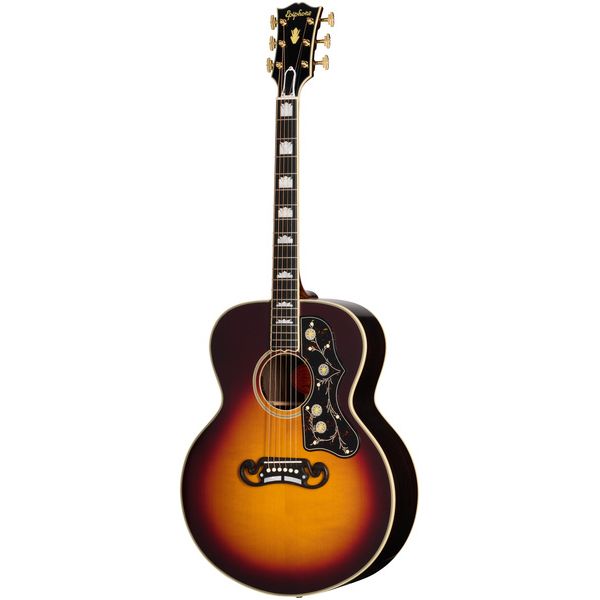
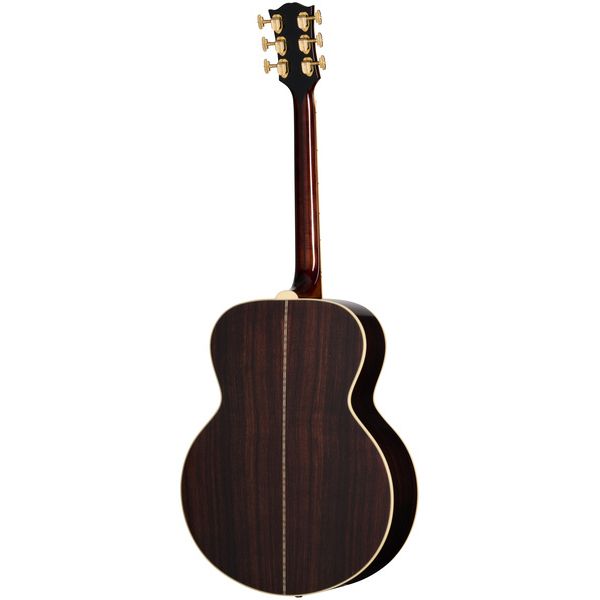
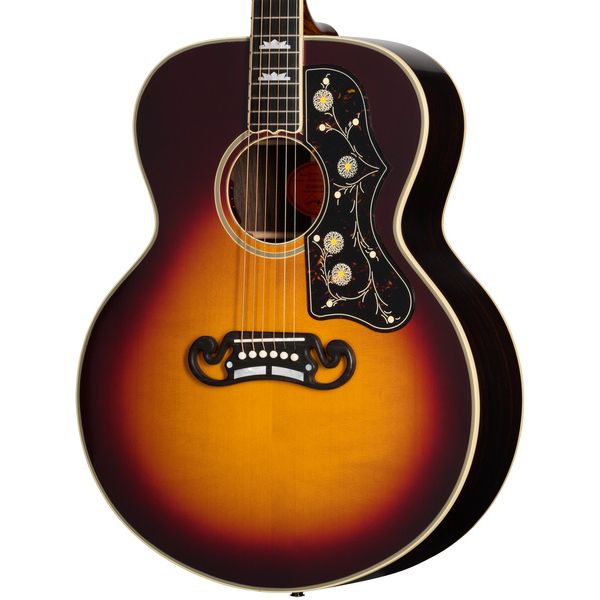
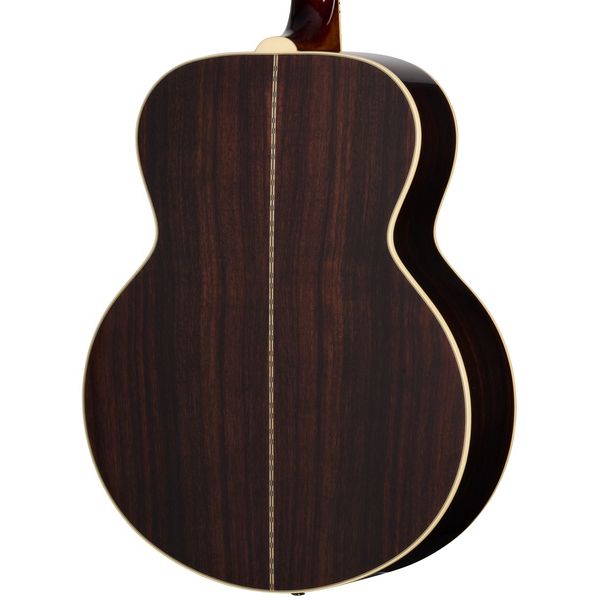
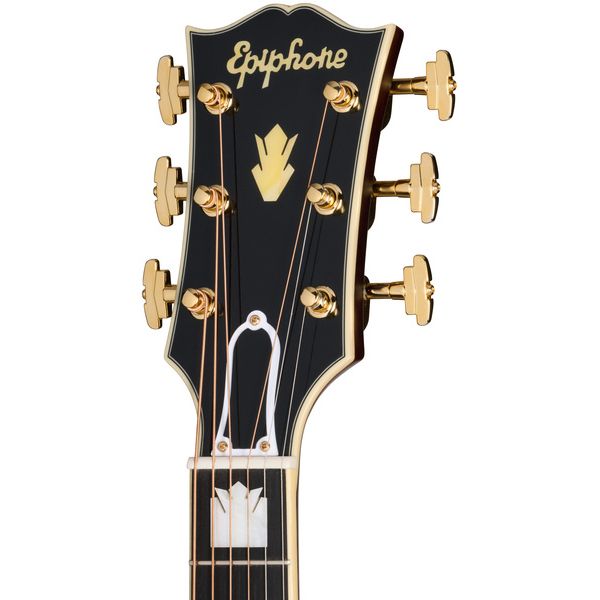
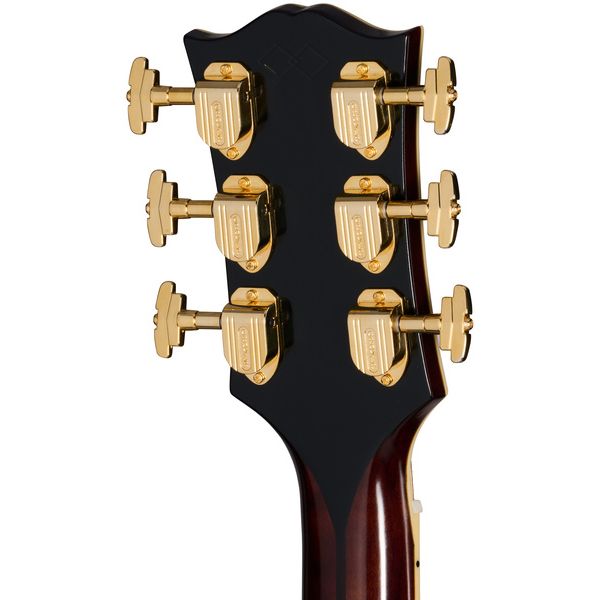
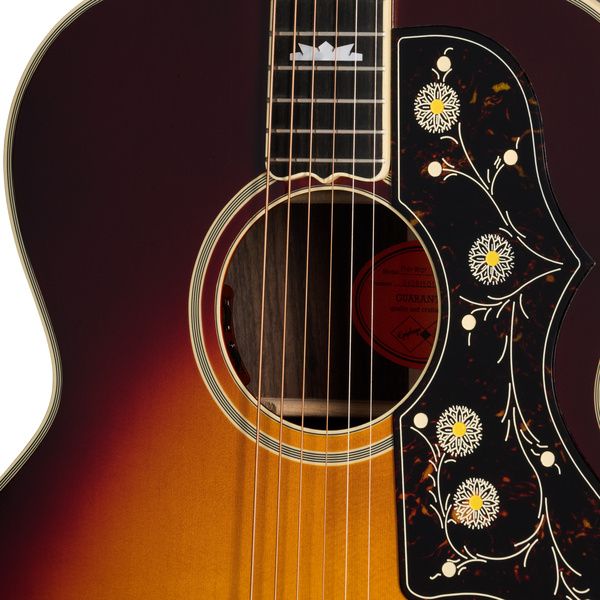







)

)
)
)


